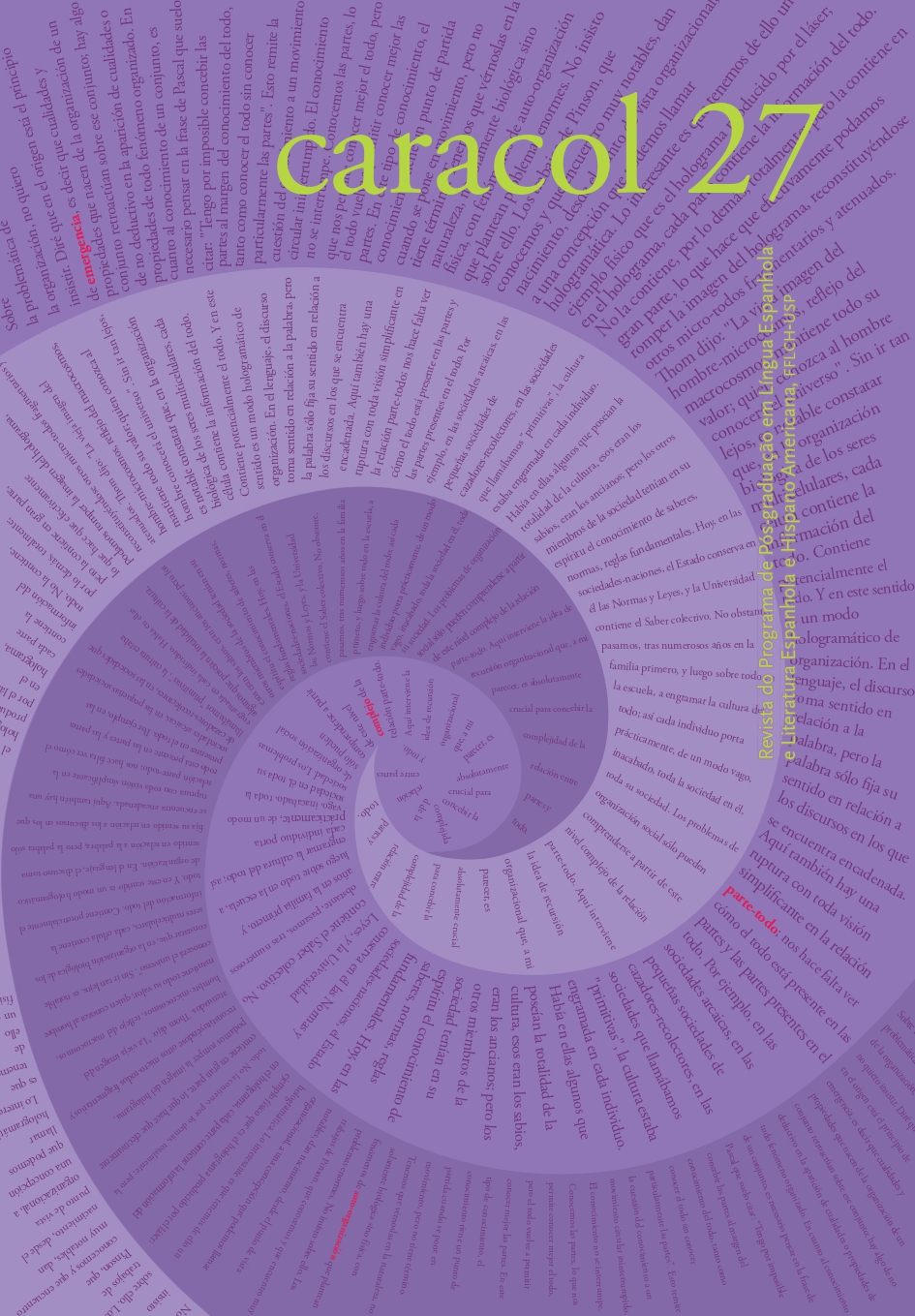Língua e política. Conceitos e casos no espaço da América do Sul: María Teresa Celada; Adrián Pablo Fanjul. São Paulo: Edusp, 2022.
DOI:
https://doi.org/10.11606/issn.2317-9651.i27p392-401Keywords:
Língua e política, América do Sul, María Teresa Celada, Adrián Pablo FanjulDownloads
References
Auroux, Sylvain. A Revolução Tecnológica da Gramatização. Trad. Eni Puccinelli Orlandi. Campinas: Editora da Unicamp, 1992.
Guespin, Louis; Marcellesi, Jean-Baptiste. “Pour la glottopolitique”. Langages. vol. 83, 1986, p. 4-34.
Guimarães, Eduardo. Semântica do acontecimento: Um Estudo Enunciativo da Designação. Campinas: Pontes, 2002.
Mariani, Bethania. Colonização Linguística: Línguas, Política e Religião no Brasil (Séculos XVI a XVIII) e nos Estados Unidos de América (Século XVIII). Campinas: Pontes, 2004.
Orlandi, Eni Puccinelli; Souza, Tania. “A Língua Imaginária e a Língua Fluida: Dois Métodos de Trabalho com a Linguagem”. In: Orlandi, Eni Puccinelli. Política Linguística na América Latina. Campinas: Pontes, 1988, p. 27-40.
Rancière, Jacques. La meséntente. Paris: Galilée, 1995.
Downloads
Published
Issue
Section
License
Copyright (c) 2024 Xoán Carlos Lagares

This work is licensed under a Creative Commons Attribution 4.0 International License.
Authors who publish in this journal agree to the following terms:
- Authors retain copyright and grant the journal the right of first publication, with the work simultaneously licensed under a Creative Commons Attribution License, which permits the dissemination of the work with recognition of authorship and initial publication in this journal.
- Authors are allowed to enter into additional contracts separately for non-exclusive use of the version of the work published in this journal (such as publication in an institutional repository or as a book chapter), with recognition of authorship and initial publication in this journal.
- Authors are allowed and encouraged to publish and distribute their work online (e.g., in institutional repositories or on their personal page) at any point before or during the editorial process, as this can generate productive changes, as well as increasing the impact and citation of the published work (see The effect of open access…).




